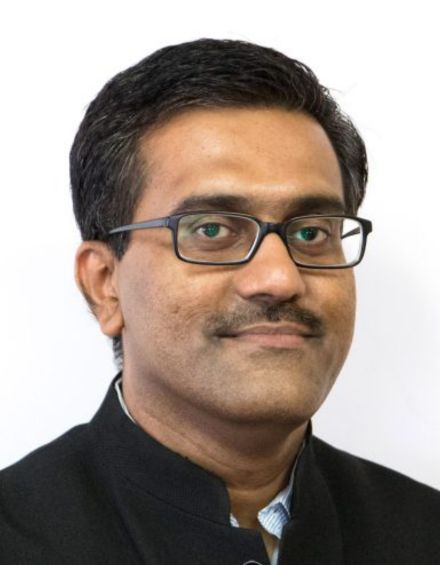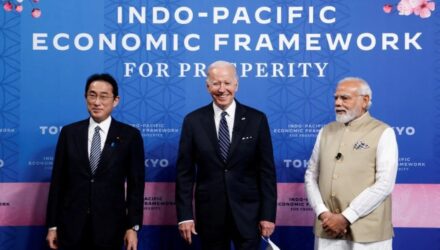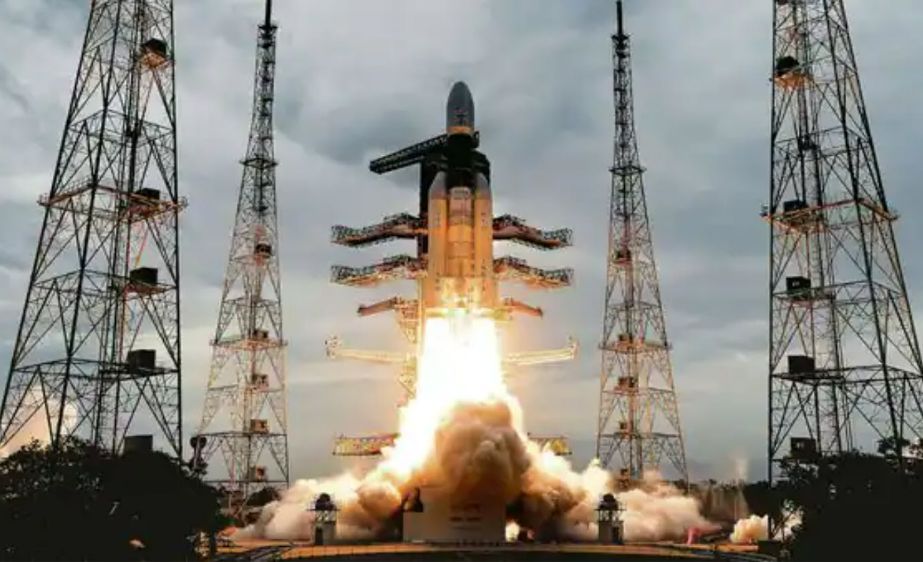Country Commissioner

Dr. Sameer Patil
Observer Research Foundation, fmr Indian National Security Council Secretariat Official
Commissioner for India
With authoritarian regimes gaining a lead in emerging technologies, it is not only urgent but imperative for like-minded democracies to unite and protect democratic values. The tech-based partnership carved out by these democratic powers will expand their advantage and decisively tilt the balance in their favour. The Global Tech Security Commission (GTSC) can significantly contribute to advancing this effort. India, with its unique civilisational ethos, experience in tackling the China challenge in its closest proximity, and tech power in its own right, will be a significant stakeholder in this engagement. I am, therefore, extremely privileged to be part of the GTSC.
Related Content

The White House has simultaneously launched a video campaign to highlight the array of non-tech jobs associated with the semiconductor industry. Biden has visited four other computer chip sites since September, with the highly paid factory jobs promising spillover hiring for construction, janitorial services and other businesses.

As a rich and powerful nation, the United States has a moral obligation to provide humanitarian assistance around the globe. And we have done so, from both public and private sources, more than any other nation. But beyond that, the United States must focus its aid on countries that are strategically relevant to it.

A group of distinguished bipartisan leaders in foreign policy and national security, including Senators Jeanne Shaheen (D-NH), Todd Young (R-IN), and Bill Hagerty (R-TN), as well as Representatives Michael McCaul (R-TX) and Josh Gottheimer (D-NJ), serving as Honorary Co-Chairs of the Global Tech Security Commission, have issued a call to their fellow Members of Congress to join the effort to develop a Global Tech Security Strategy to defend freedom against technological authoritarianism.
